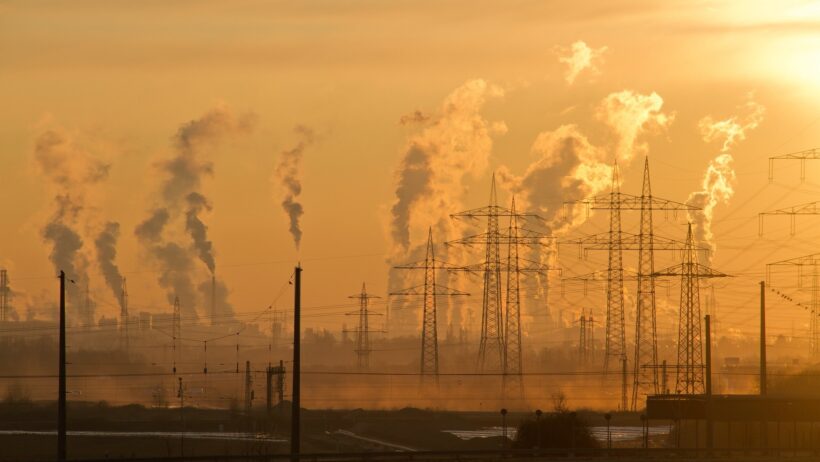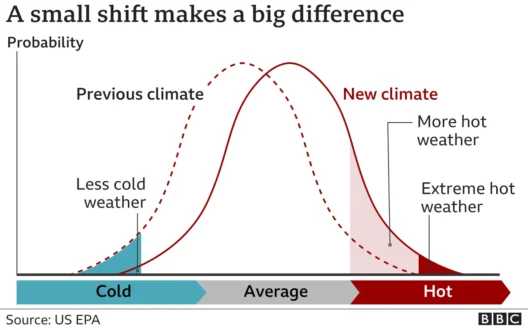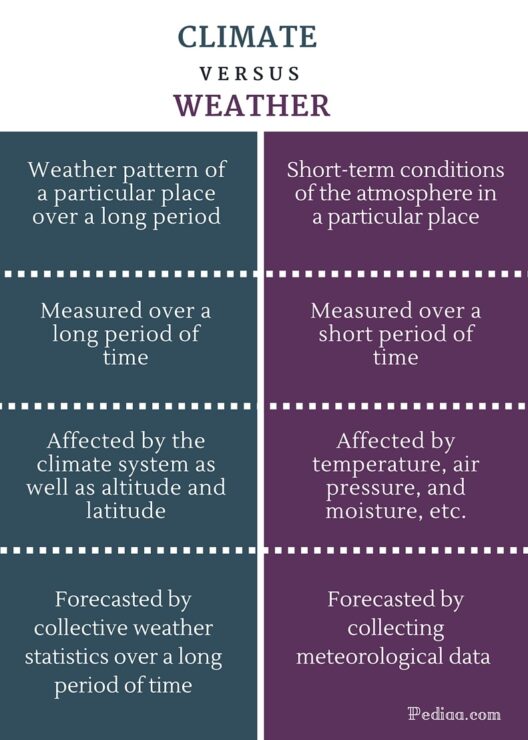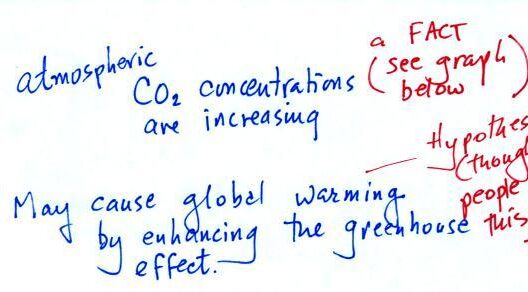Resource extraction, an industry imbued with complexity and consequence, has become an inextricable part of contemporary civilization. As societies advance and populations burgeon, the insatiable demand for minerals, fossil fuels, and other natural resources intensifies. However, beneath this veneer of progress lies a labyrinth of ecological degradation and climate change imperatives. The commodification of the Earth’s resources has precipitated an existential crisis, one that necessitates a diligent examination of the interplay between resource extraction and climate change.
Firstly, it is imperative to understand the foundational elements that drive the resource extraction industry. Mining, drilling, and other forms of extraction are not merely industries; they are powerful forces that shape economies, influence geopolitical landscapes, and directly impact the environment. The quest for resources, particularly energy sources such as coal, oil, and natural gas, fuels significant emissions of greenhouse gases. These emissions serve as pivotal catalysts for climate change, ushering in a multitude of environmental calamities including rising sea levels, erratic weather patterns, and diminishing biodiversity.
Moreover, the physical processes involved in extraction contribute to widespread environmental destruction. Open-pit mining, for instance, displaces vast quantities of earth and rock, irreversibly altering landscapes that have developed over millennia. This disruption can lead to erosion, water contamination, and habitat loss, painting a grim picture of environmental stewardship. As ecosystems unravel, many species face extinction, jeopardizing ecological balance and undermining nature’s resilience against climate change.
Furthermore, the extraction of resources exerts a considerable social toll. Indigenous communities and local populations often bear the brunt of the environmental degradation wrought by mining operations. Displacement and health hazards emerge as tragic byproducts of corporate avarice. Land that was once lush and vibrant becomes barren, while air quality diminishes as toxins are released. This environmental injustice creates a heightened sense of urgency to re-evaluate priorities and practices within the resource extraction sector.
Transitioning towards more sustainable practices is not merely an ethical imperative; it is a pragmatic necessity. The burgeoning field of sustainable mining offers a sliver of hope, proposing to reconcile the demands of modern society with the inherent need for ecological preservation. Innovative technologies, such as precision mining, promise to minimize waste and reduce the carbon footprint of resource extraction. These methodologies advocate for efficiency in resource utilization, thereby conceiving a paradigm shift in how society approaches the quest for minerals and energy sources.
Finally, the integration of circular economy principles could revolutionize the resource extraction narrative. By focusing on recycling and repurposing materials, societies can reduce dependence on virgin resources. This shift not only mitigates ecological impact but also fosters economic resilience, creating new opportunities within green job sectors. It invites humans to reconsider their relationship with materials; a re-orientation that respects the planet’s finite resources and recognizes the consequences of their extraction.
In the face of climate change, the urgency for action cannot be overstated. Resource extraction is an undeniable driver of greenhouse gas emissions, and its consequences permeate every aspect of life on Earth. By re-envisioning extraction practices, advocating for sustainability, and fostering a collective consciousness toward the environment, society stands at a pivotal juncture. The choices made today will indelibly shape the climate for future generations.
Moreover, policies that regulate and govern resource extraction are paramount in driving this necessary change. Contemporary governance must evolve to reflect the complexities of climate change and its intersectionality with resource extraction. Enacting stringent environmental regulations can curtail the destructive practices of the resource extraction industry, while also promoting accountability among corporations. This equilibrium between economic advancement and environmental integrity can pave the way for a more sustainable future.
Education and awareness are also crucial components of this transition. As society grapples with the realities of climate change, a well-informed populace can serve as a powerful catalyst for change. Advocating for environmental literacy ensures that individuals understand the ramifications of resource extraction, fostering a community that values sustainability over consumption. Schools, universities, and grassroots organizations can cultivate a culture of environmental stewardship, prompting future leaders to prioritize the planet in their decision-making processes.
Ultimately, the narrative surrounding resource extraction must pivot from one of exploitation to one of stewardship. Acknowledging the profound impact of extraction on climate change cultivates an awareness that goes beyond immediate gratification. As the cessation of harmful practices takes center stage, it prompts the exploration of alternatives that harmonize human needs with ecological health. In the balancing act between progress and preservation, the choices made today will resonate well into the future.
In conclusion, the intricate dance between resource extraction and climate change demands meticulous scrutiny and thoughtful action. The intertwined destinies of humanity and the planet urge a re-evaluation of values and practices across all sectors. By fostering an ethos of sustainability, embracing innovative technologies, and instituting judicious policies, society can embark on a path toward a more equitable and resilient future. Mining the future requires not only a shift in perspective but an unwavering commitment to protect the planet from the very practices that put it at risk.








